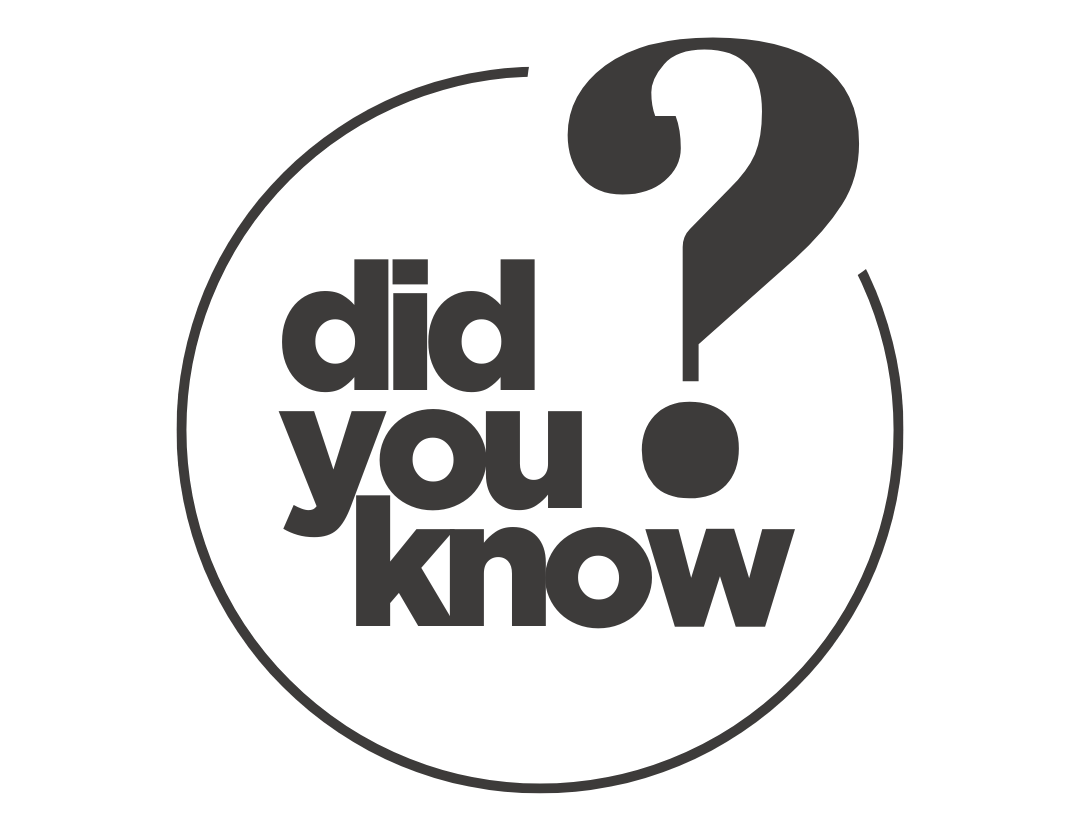1. Your Stomach Gets a New Lining Every Few Days
The acid in your stomach is strong enough to dissolve metal, so your body has to protect itself. To keep from digesting itself, your stomach grows a brand-new lining every 3–4 days. Without this constant renewal, your own digestive juices would do serious damage.
2. Water Can Boil and Freeze at the Same Time
Under a special balance of temperature and pressure, water can exist as a solid, liquid, and gas at once. This rare condition is called the “triple point.” Scientists use it to calibrate thermometers, and it’s a mind-bending example of how strange physics can be.
3. Koalas Have Fingerprints Like Humans
Koala fingerprints are nearly identical to ours—so much so that forensic experts have worried about confusion at crime scenes. The whorls and loops likely evolved for gripping eucalyptus trees, but they ended up looking uncannily human.
4. The Longest Place Name Has 85 Letters
A hill in New Zealand holds the record for the world’s longest place name: Taumatawhakatangihangakoauauotamateapokaiwhenuakitanatahu. The Māori name roughly translates to “the hill where Tamatea, the man with the big knees, slid, climbed, and swallowed mountains.” Locals simply call it “Taumata.”
5. A Group of Flamingos Is Called a “Flamboyance”
Flamingos aren’t born pink—they turn that color from eating shrimp and algae packed with pigments. When they gather, the group is called a flamboyance, which fits birds that look like they’re dressed for a parade.
6. Some Turtles Can Breathe Through Their Butts
During cold winters, certain turtles hibernate underwater for months. Since they can’t come up for air, they absorb oxygen through sacs in their rear end. It’s not glamorous, but this odd survival trick helps them endure icy ponds until spring.
7. The World’s Quietest Room Can Drive You Crazy
The anechoic chamber at Orfield Laboratories in Minnesota is so silent it absorbs 99.9% of sound. Visitors often hear their heartbeat, lungs, or even blood moving. The record for staying inside is just over 45 minutes because the silence is overwhelming.
8. The First Alarm Clocks Could Only Ring at 4 a.m.
In 1787, Levi Hutchins built a personal alarm clock that wasn’t adjustable. It rang every day at exactly 4 a.m. because that’s when he needed to wake up for work. Clocks with settable alarms came nearly a century later.
9. Bananas Glow Blue Under UV Light
When bananas ripen, their green chlorophyll breaks down and creates byproducts that glow blue under ultraviolet light. You can’t see it normally, but under UV lamps the fruit shines bright. Scientists study this glow to learn more about fruit ripening.


Leave a Reply